False labor can start if you are tired and dehydrated and you might not have a period the entire time you are breastfeeding. It’s better to be prepared for these things in advance to avoid any stressful situations in the future and provide your baby with the best overall experience.
We at Bhaskar Health hope that you have the most joyful time with motherhood and found answers for some crucial questions that medical specialists would like you to know about.
1. You may need to adjust things to get the most effective attachment when breastfeeding.
Medical experts strongly recommend breastfeeding exclusively for 6 months. Your baby should get only breast milk, and no water or juice. But adjusting your newborn’s latch also matters, so both of you can feel comfortable. Here are some recommendations:
- Your baby’s chin should firmly touch your breast.
- Your baby’s mouth should be wide open.
- You should see more dark skin above your baby’s top lip than below your baby’s bottom lip.
- It shouldn’t hurt you when you breastfeed.
- Your baby’s cheeks should stay rounded during sucking.
2. False labor can start when you’re tired, dehydrated, or on your feet too much.
Closer to the fourth month of pregnancy, you may start to notice some contracting and tightening of your uterus from time to time. They may come unpredictably and irregularly. These contractions are usually painless and concentrated in your abdomen. It can happen if you are tired or dehydrated, or even after long walks.
What you should do:
- drink plenty of water
- change your position
- get some rest, preferably on your left side
3. Breast stimulation can speed up labor.
It’s recommended that women wait at least 39 weeks to deliver their baby. If you’re 40 weeks in, here is a natural way to induce labor, but only after talking to your doctor who is familiar with all aspects of your health and pregnancy.
Stimulating your nipples can cause contractions in your uterus. This happens because of oxytocin production. It’s the same hormone that causes the breast to eject milk. You can manually stimulate your nipples, or you can try using a breast pump.
The benefits of breast stimulation include:
- induce and augment labor
- avoid a medical induction
- reduce postpartum hemorrhaging
4. It’s best to let the baby set their own birth date.
Yes, the last weeks of pregnancy can be hard and a desire to deliver the baby right away is normal, but despite those feelings, doctors say that nature should set the time of birth and it’s better to wait a bit more.
There are very few cases where labor induction should be allowed:
- You’re approaching 2 weeks beyond your due date.
- Your water has broken, but labor hasn’t begun.
- You have an infection in your uterus.
- You have diabetes that developed during pregnancy.
- You have high blood pressure disorders during pregnancy.
5. Pain is your friend as labor progresses.
Nature is smart and pain during labor plays an important role. It helps you progress by releasing hormones like oxytocin. And, as we already know, it helps with the contractions. When the contractions are painful, other hormones that help to manage the pain are released: these are called endorphins.
But anxiety and a high level of stress can slow down the process. That is why it’s so important to feel protected and to not be afraid of the pain.
6. Oatmeal with fruit is a great meal for after the delivery.
Hemorrhoids are pretty common after labor. And the postpartum medication that the doctor might prescribe can make pooping even more difficult.
But you can take care of this issue yourself. Start your day with oatmeal. It helps to move things along down there because it has a lot of fiber. You can also eat more chicken soup and apples.
7. The baby blues are different from postpartum depression.
First of all, you should understand that some feelings of being broken are normal after labor. But baby blues and postpartum depression are different things. Baby blues are feelings of moodiness and sadness that typically last around 2 weeks. Postpartum depression is a more serious thing. It occurs when symptoms last for more than 2 weeks.
You may feel a sense of worthlessness and lose any interest in your daily activities. Postpartum depression requires medical treatment in comparison to baby blues, specialists say. And it’s also important to know that it can develop at any time after giving birth, even up to a year after delivery.
8. Your period may not return during the entire time you are breastfeeding.
Typically your period should return about 6 to 8 weeks after you have the baby, medical experts say. If you are breastfeeding, the return of your period can vary. It can be useful to know that women who breastfeed exclusively might not have a period the entire time they breastfeed. But for some, it might return even after a couple of months, whether they’re breastfeeding or not.
You should also pay attention to the amount of bleeding you experience after having the baby. Heavy bleeding generally can last for up to 10 days after labor. And some light bleeding or spotting can continue for up to 4 to 6 weeks.
What are the most important things that you are worried about when it comes to labor and the postpartum time? How easy was your first pregnancy?



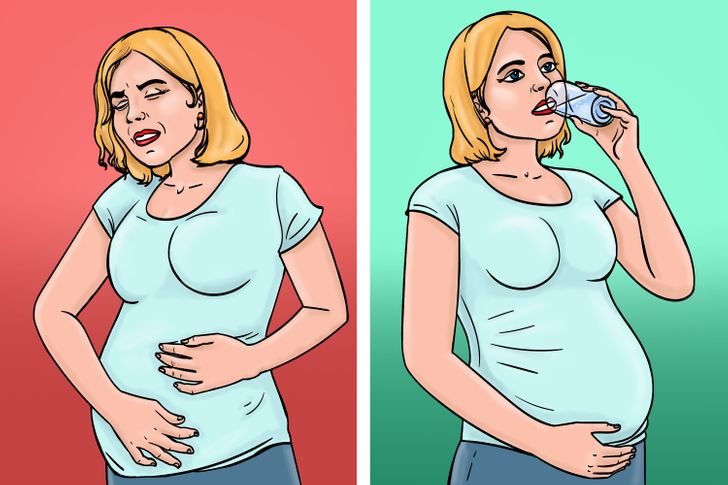
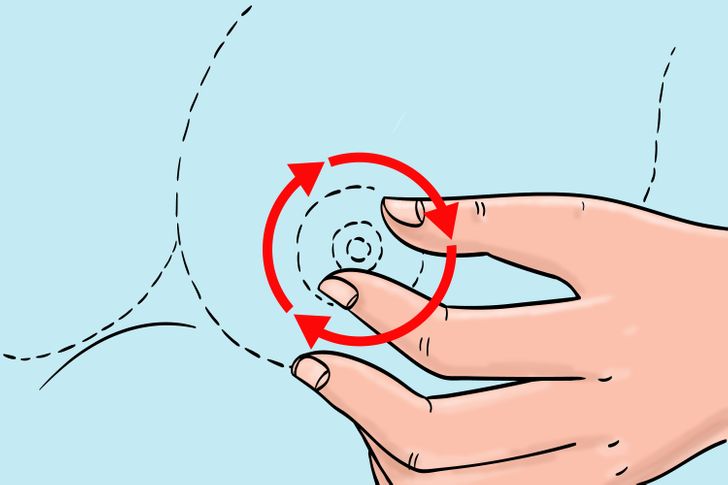


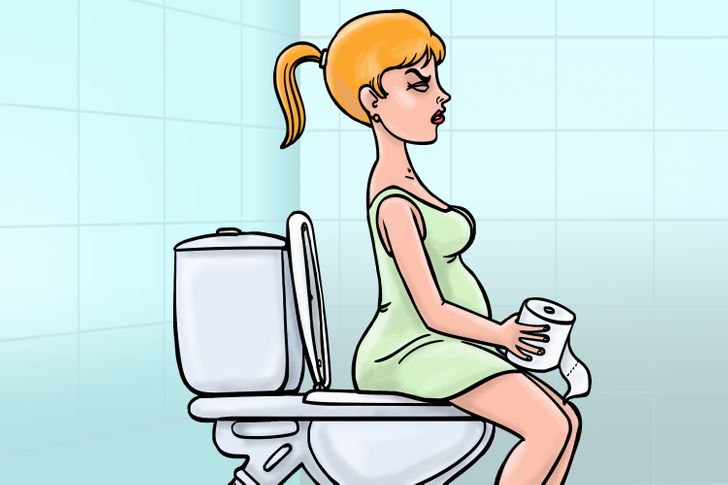
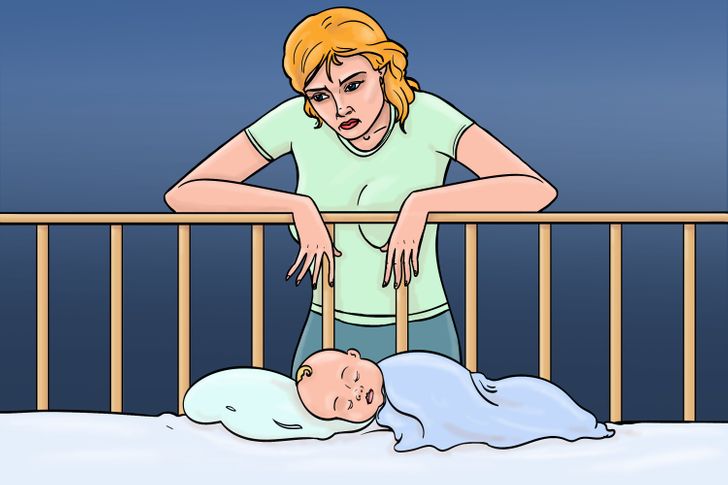
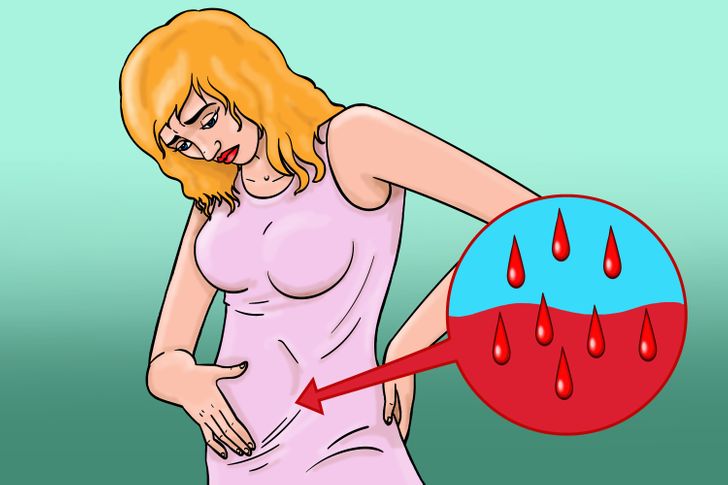
0 Comments